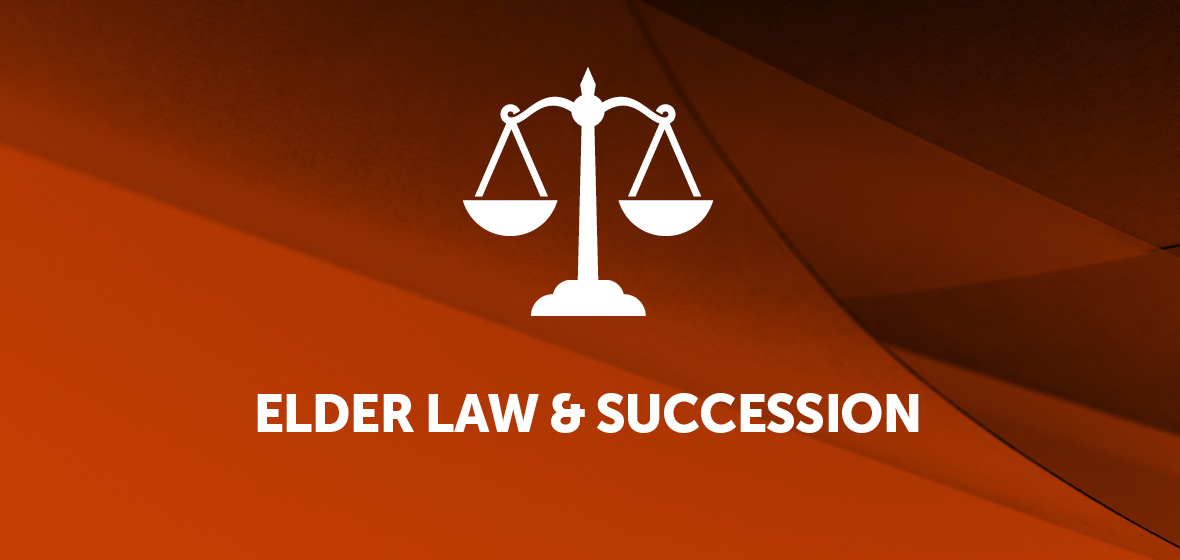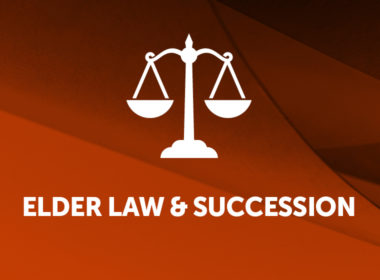Key decisions
- DVB v NSW Trustee and Guardian [2021] NSWCATAD 105
- Todd v Todd [2021] SASC 36
- Re Perry [2021] QSC 97
- The Estate of Walter Ostro [2021] NSWSC 495
- Trevor Alan Thompson as executor of the estate of Angela Helen Thompson v Upton [2021] WASC 158
- Chisak v Presot [2021] NSWSC 597
- The Estate of Genevieve Bryan [2021] NSWSC 567
- Hill v Zuda Pty Ltd [2021] WASCA 59
- Bassett v Cameron [2021] NSWSC 207
- Bassett v Cameron (No 2) [2021] NSWSC 419
- Coote v Coote [2021] NSWSC 59
- Coote v Coote (No 2) [2021] NSWSC 461
Recourse where NSW Trustee & Guardian does not act in relation to elder financial abuse
In October 2017, 92-year-old Maria Rydzewski signed documents transferring three residential properties, two to her daughter-in-law, Jenny Rydzewski, and one to her grand-daughter, Krystina Rydzewski, each for consideration of $1. The total value of the properties was estimated to be $1,840,000 at the date of transfer. In April 2018, the Guardianship Decision of the NSW Civil and Administrative Tribunal (‘NCAT’) found that Maria lacked capacity to manage her affairs and made orders committing the management of her estate to NSW Trustee & Guardian. One of Maria’s sons and her remaining daughter requested that the Trustee commence legal action on Maria’s behalf to set aside the transfers. The Trustee decided against doing so.
The son and daughter applied to NCAT for administrative review, as the decision not to commence legal action was a decision made in exercise of the Trustee’s functions under the NSW Trustee and Guardian Act 2009, and was therefore reviewable by NCAT pursuant to s 62. On review, NCAT makes the ‘correct and preferable’ decision based on the material before it, without any presumption of the correctness (or otherwise) of the original decision (DVB v NSW Trustee and Guardian [2021] NSWCATAD 105 at [13]–[14]).
In this case, NCAT’s determination of the ‘correct and preferable’ decision required that an assessment be made of the prospects of success of the proposed action, as well as an assessment of the impact on Maria’s financial position, if it were to succeed or fail, in part or whole (at [146]). The Tribunal concluded the actions were arguable on the basis of lack of mental capacity and undue influence, and likely to succeed on the basis of unconscionable conduct and the Contracts Review Act 1980 (at [206]). Setting aside the transfers would strengthen Maria’s overall financial position and financial independence, and would significantly expand the options available for her future medical treatment, care and support (at [208]). NCAT set aside the Trustee’s decision and, in substitution, decided that action be commenced in the NSW Supreme Court to have the transfers set aside.


